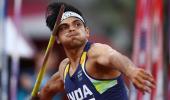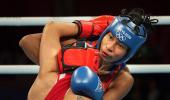Tokyo should remain the benchmark and source of inspiration till at least Paris 2024.
In the shorter run, India's preparations for the Asian and Commonwealth Games next year must begin based on lessons learnt now, asserts Raj Kishore Mishra, former joint secretary at the sports ministry.
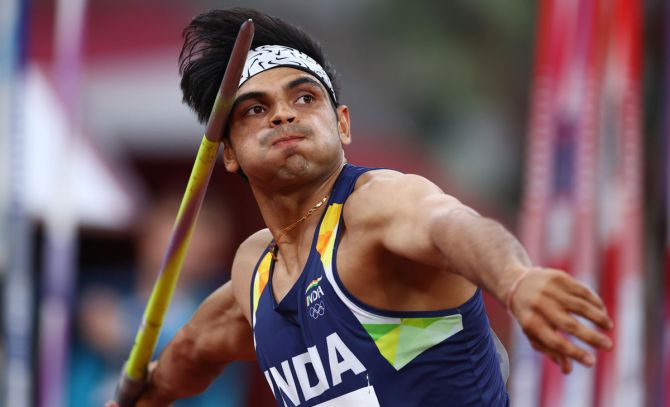
As the lights dimmed and an eerie silence descended upon Tokyo's giant Olympic stadium, one was overpowered by a sense of surrealism, irrespective of whether one was physically present there or was thousands of miles away.
For, there was a time when the world wondered whether the biggest spectacle in sports would actually materialise in the city of cherry blossoms.
Now, on its successful conclusion under the forbidding shadows of a raging pandemic, one has to give it to the government and people of Japan and the International Olympic Committee for letting it happen.
Forget the empty stadia.
The plethora of Olympic and world records set during the two weeks of frenetic sporting action proves that over 11,000 athletes wanted it to happen and, therefore, gave it their all.
For India, these Games have been the best ever as this writer had predicted in this column three weeks before the start.
Agreed, the other expectation about the medals tally touching the double-digit mark remained unfulfilled.
But it's not long before that's going to happen.
And if one takes into account the near misses in multiple events, the hope wasn't really misplaced.
A mega event such as this can only be a story of ecstasy and agony, hits and misses, shocks and surprises.
And so it was for a billion plus people craving for more.
Yet, the significance of Tokyo 2020 goes far beyond the number of medals won or lost.
It marks the beginning of what could possibly be called a renaissance for Indian sports.
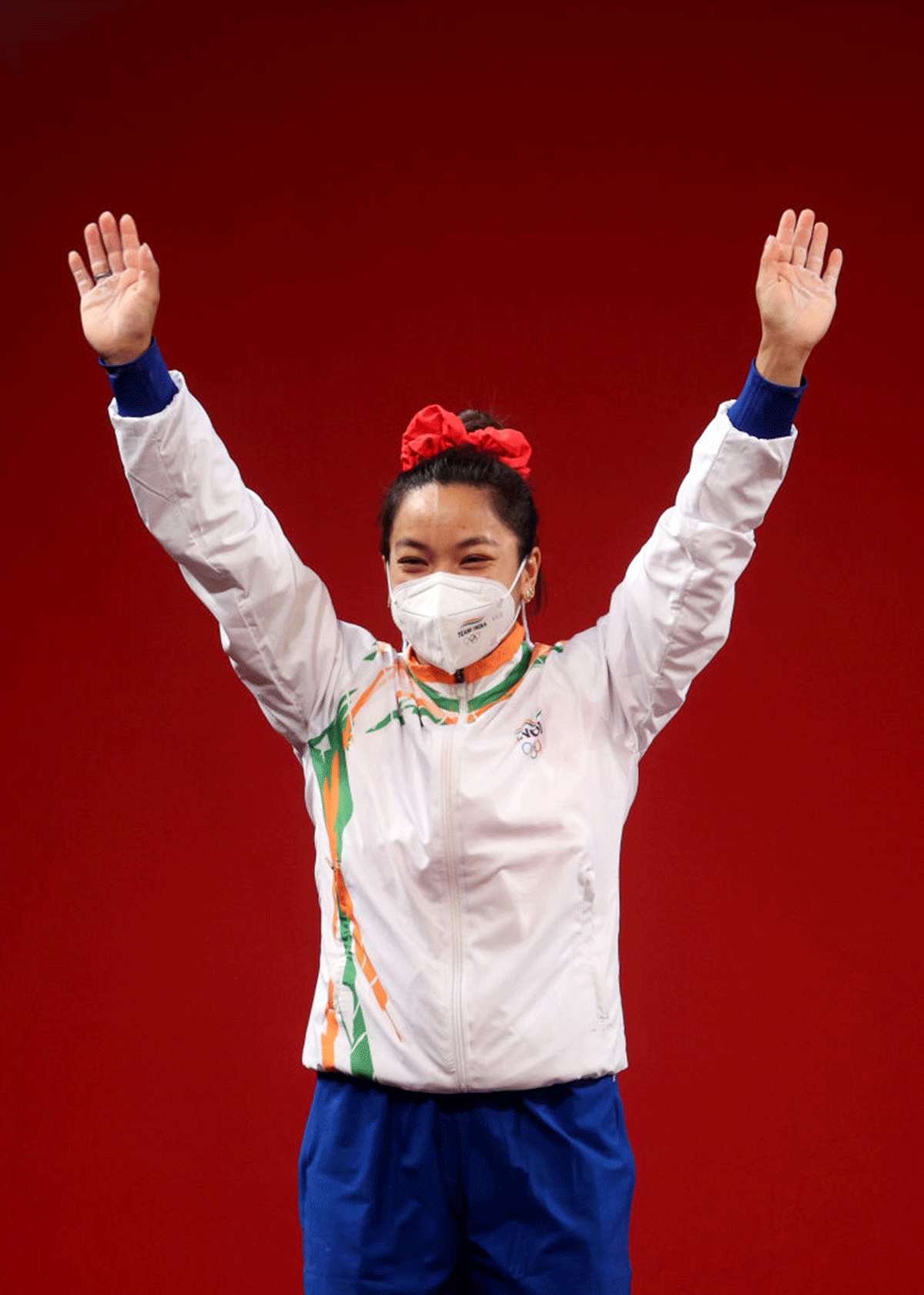
Consider just the number of firsts.
It was for the first time in independent India's history that a gold medal was struck in a track and field event and the architect of that moment of history was young Neeraj Chopra in the javelin throw.
The accomplishment itself was stupendous, but the manner in which he achieved it, right through the qualifying stage, proved something else -- the absence of fear and supreme confidence in one's ability, something which Indian sportspersons were accused of lacking in.
Mirabai Chanu's Silver in weightlifting was another first -- a story of grit and of overcoming past disappointments in pursuit of one's goal.
Or P V Sindhu's feat -- the first time a sportswoman from the country won medals in successive Olympics, a silver and a bronze in badminton.
Or the women's hockey team reaching the semi-finals at the Olympics for the first time after suffering three heavy losses at the league stage and being written off by many.
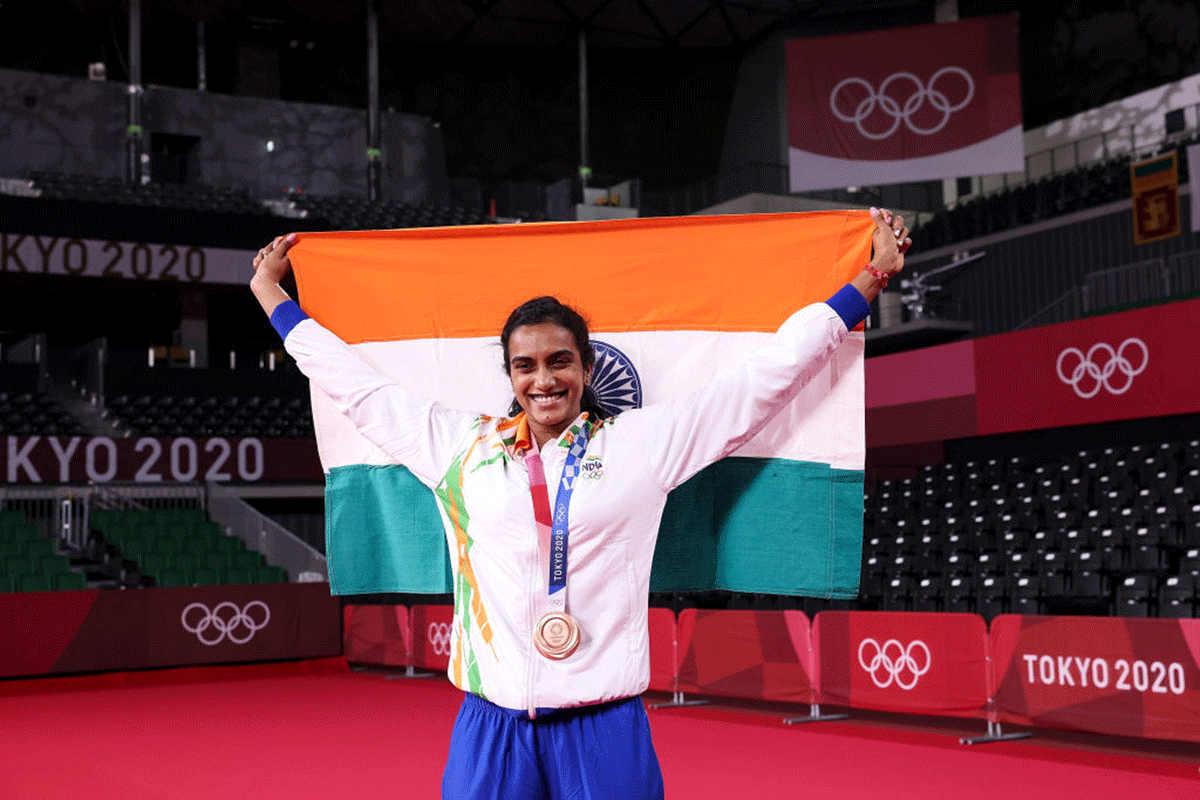
There were other notable feats too.
The podium finish of the men's hockey team with a bronze medal after an agonising wait of 41 long years and two of our wrestlers -- Ravi Kumar Dahiya and Bajrang Punia -- repeating the feat of London 2012 by bagging a silver and a bronze respectively.
And finally, Lovlina Borgohain emulating her idol Mary Kom's accomplishment of London by getting a bronze in boxing.
Winning medals has to be the goal of every sportsperson.
However, the efforts put behind in pursuit of that goal are equally important even if these do not always result in medals.
By this yardstick, there were a number of excellent performances by our sportspersons at Tokyo worthy of mention.
The best among these, without doubt, was young Aditi Ashok's exploits on the golf course.
Belying her low world ranking, Aditi was in the hunt for a medal till the final moments of the gruelling four-day event but eventually ended up fourth.
Similar was the semi-final loss of Deepak Punia in the 86 kg wrestling bout against his Chinese opponent.
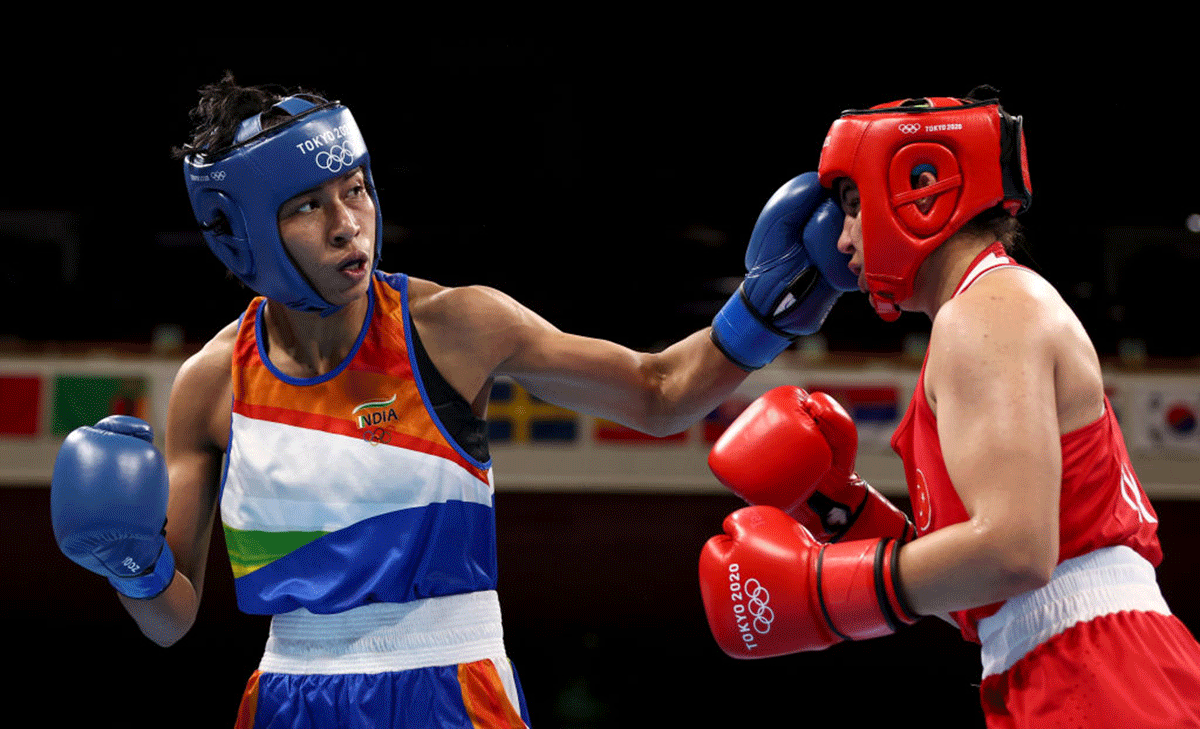
In athletics, also, there were two rousing performances.
The men's 4x400m relay quartet of Arokia Rajiv, Amol Jacob, Noah Nirmal Tom and Muhammed Anas Yahiya shattered the Asian record set by the Qatar team, but failed to make it to the finals.
A good augury, though, for the Asian Games next year.
No less creditable was the feat of army man Avinash Sable breaking his own national record by nearly 4 seconds in the 3000m steeplechase, a time that was better than the first three in one of the heats who qualified for the finals.
In rowing, the duo of Arjun Jat and Arvind Singh had a creditable 11th spot while Fouaad Mirza showed promise in equestrian.
Last but not the least, Bhavani Devi broke new ground by not only being the first sportsperson from the country to take part in fencing but also by winning a round before bowing out.
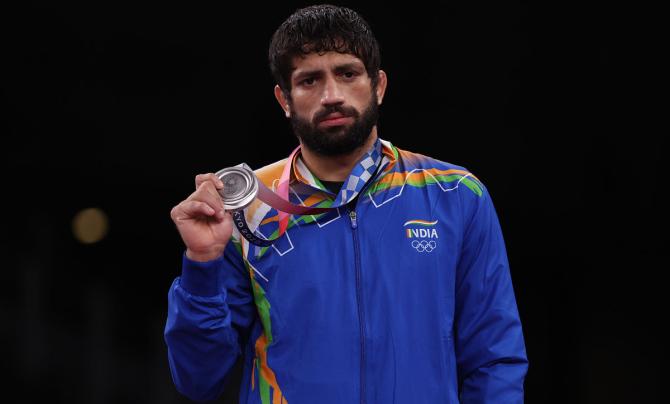
These were the bright spots for India at Tokyo, but there were many setbacks as well.
The most shocking was the performance of the 15-member shooting contingent.
Much was expected from the young guns in the team -- Saurabh Chaudhary, Manu Bhaker, Yashaswini Singh Deswal, Elavenil Valarivan and veterans like Rahi Sarnobat and Tejaswini Sawant who between them had won multiple World Cup titles and had climbed up the ranking charts.
Sadly, except for Saurabh Chaudhary who topped the qualification rounds in the 10m Air Pistol event before fading away in the finals, the rest just froze under pressure.
Boxing was another major disappointment.
While age seems finally to have caught up with the peerless Mary Kom, a lot was expected from world number 1 Amit Panghal and world number 2 Vikash Krishan in their respective weight categories, but both lost tamely.
Except for Lovlina's creditable Bronze and Satish Kumar's grit in the super heavyweight category where he fought bravely to win a round but lost in the quarterfinals, it was rather a poor show by the boxers.
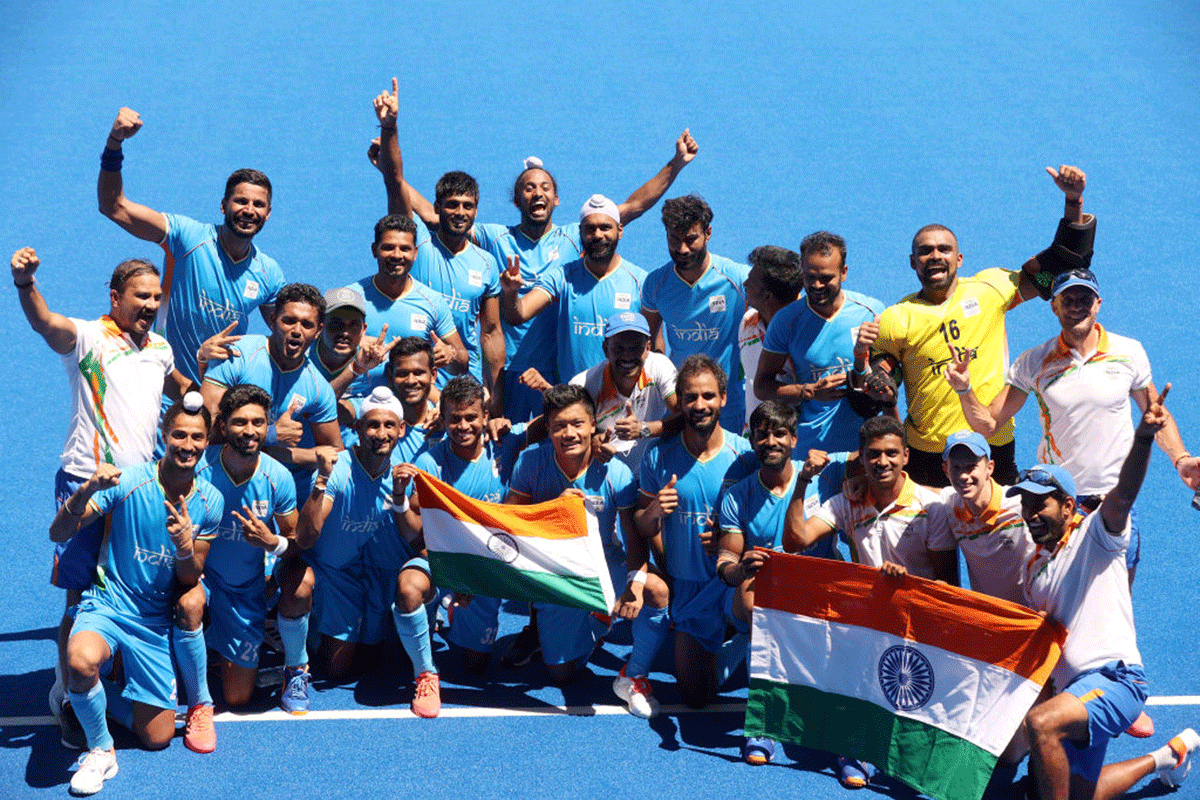
The script was no different in archery.
Much was expected from the experienced and newly crowned world number one Deepika Kumari and her hubby Atanu Das, particularly after their exploits in the Paris World Cup.
Deepika did register an improvement by reaching the quarterfinals for the first time, but ran into her nemesis, a Korean opponent, to end her campaign.
Overall, it was an underwhelming performance by the archery team.
In athletics, both the shotput throwers, Tajinder Pal Singh Toor and Kamalpreet Kaur faltered in spite of their recently created national records.
Kamalpreet showed visions of a medal by qualifying second to reach the finals, but had a poor outing thereafter while Tajinder was nowhere near his best.
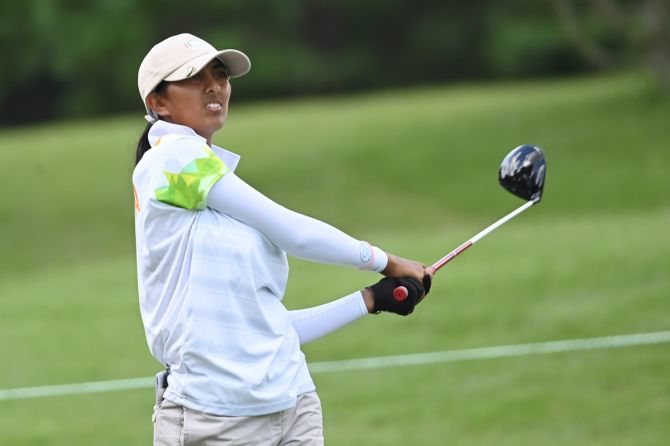
Setbacks such as these are common in any international sporting event, more so in the Olympics.
What is important is the progress made by a country in its preferred disciplines and new ground broken in others.
By this token, Tokyo should remain the benchmark and source of inspiration till at least Paris 2024.
In the shorter run, India's preparations for the Asian and Commonwealth Games next year must begin based on lessons learnt now.

Feature Presentation: Aslam Hunani/Rediff.com

